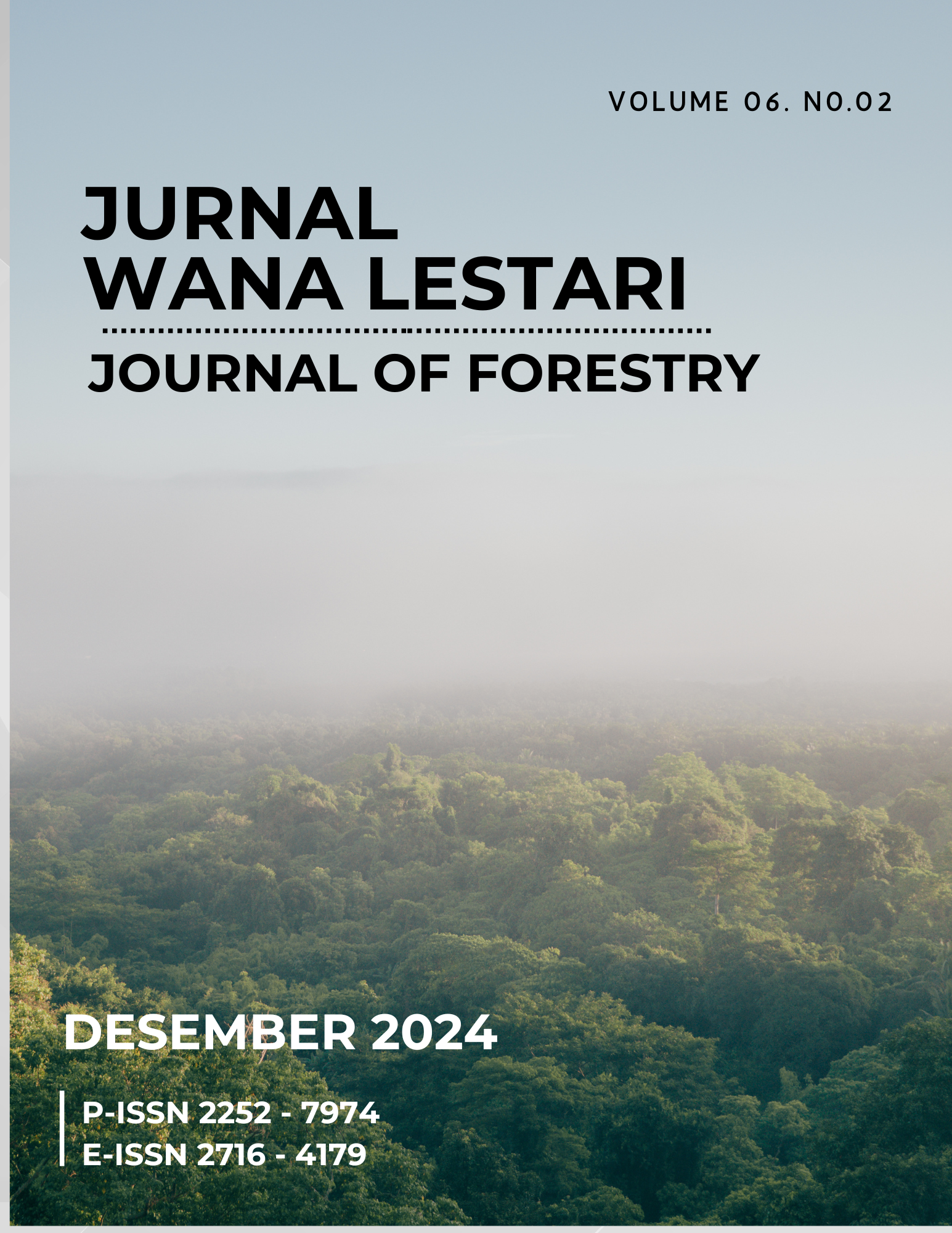Efektivitas Hutan Kemasyarakatan dalam Program Perhutanan Sosial (Studi Kasus di Desa Binaus, Kecamatan Mollo Tengah, Kabupaten Timor Tengah Selatan)
Abstract
The Community Forest (HKm) program is one of the Social Forestry schemes carried out by the government to overcome the problem of forest destruction and to meet the needs of people who depend on forests. This study aims to determine the effectiveness of community forestry in the social forestry program through institutional management, area management and business management in Binaus Village, Central Mollo District, South Central Timor Regency. The method used in this research is a qualitative method. Determination of the sample in this study using the Slovin formula and it is known that the number of samples used in this study was 59 respondents. The sampling technique in this study used random sampling technique. The measurement scale used is the Likert scale model. The results of this study indicate that institutional management in Gapoktan Berdikari categorized as effective, but there are also several obstacles that need attention such as the lack of member participation in each group meeting, and the lack of supervision and assistance. Area management in Gapoktan Berdikari has not been running well (quite effective), this is because there is no division of work areas for each group member also business management in Gapoktan Berdikari has not been running well (quite effective), this is due to the lack of supporting facilities and infrastructure in forest management, lack of business group strengthening training provided by the government and lack of business asset.

 Selvia Alfionita Dhiu(1*)
Selvia Alfionita Dhiu(1*)







